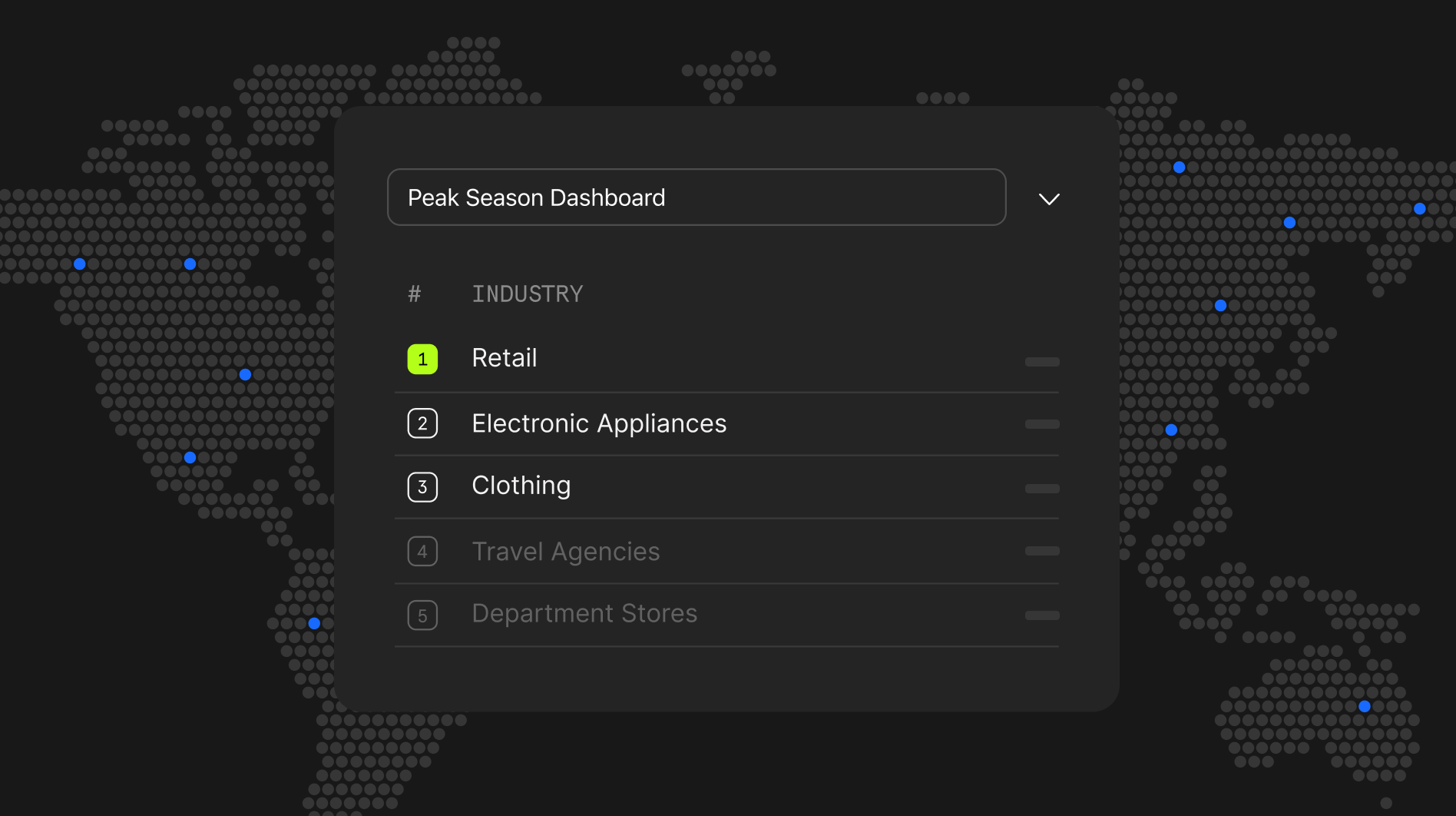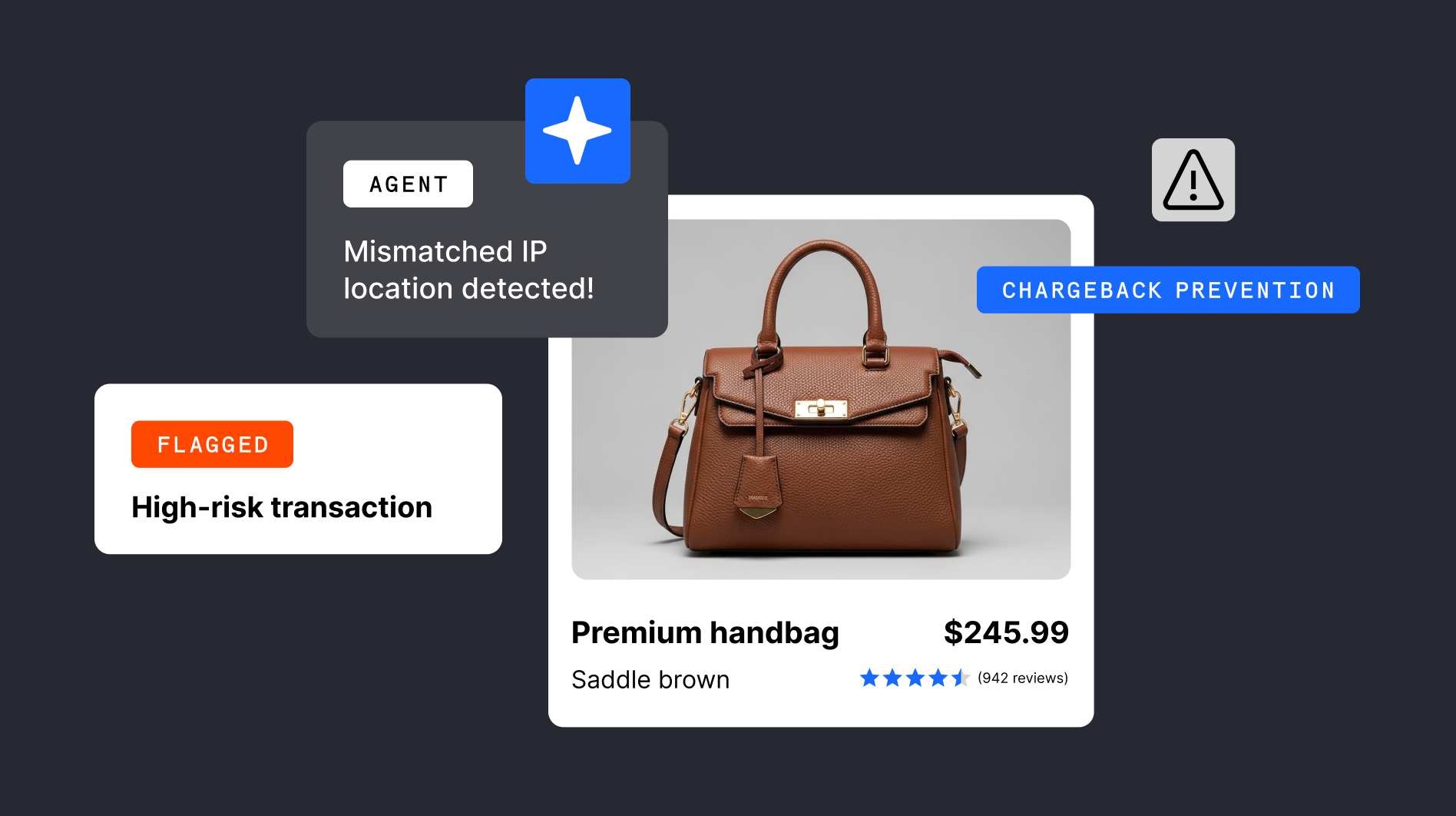Expanding overseas seems a good idea in theory. But in practice going global can add layers of complexity to your payment processes. If not managed correctly, you could end up with a spaghetti of disparate payment providers in the back-office — and all the inefficiencies this brings.
It’s more than operational inefficiencies you need to consider, though. From a payment perspective, no two markets are the same. The way consumers buy, the instruments they use and the experience they expect differs widely from one market to the next. Understanding this nuance and curating how you accept payments might be the difference between success and failure in the markets your business enters.
Given these factors, picking the right payment service provider (PSP) to support your global expansion is crucial. Get it right, and you’ll have a growth partner that’s turning your payment operations into a value creator for the business.
Here are a few factors to consider when selecting a PSP to support expansion to help you make the right choice.
1. Coverage
Your business ambitions may be global but remember your customers will always be local. That means selecting a payment provider who can facilitate global payment processing but can accommodate local market customizations.
Naturally, your provider should have all the necessary licenses and memberships to acquire and process payments regionally or domestically, as appropriate. They should also offer a reliable multi-currency solution, allowing you to price in your customer’s currency and get paid in your chosen currency.
When customers can pay in their own currency, they know the exact purchase price. Asking them to do currency conversions themselves adds friction and may even cost you the sale. On your side, multi-currency solutions should offer a good range of currencies and pairing options, with minimum currency hops. This is the best way to manage forex fluctuations and cut reconciliation headaches.
Global expansion also depends on accepting local payment methods, sometimes also known as ‘alternative payment methods’ or APMs for short. Your payment provider should be able to offer a good range of international and local card brands, bank transfers, e-wallets, e-cash and mobile payments.
2. Systems
No business goes into vendor negotiations knowing exactly where they may be or what they may need in the future. Choosing a payment provider today is less about systems functionality, resilience and reliability. By all means, ask about systems performance, platform downtimes, maintenance periods and running costs. This is important, but it’s also table stakes.
Selecting the right PSP for global expansion is about factors that’ll determine how and how fast you can take advantage of an uncertain future. Modular, customizable systems architecture is a prerequisite. It will enable you to make additions and improvements faster without rebuilding your payments stack each time.
Ask whether the PSP has a custom product development group or beta test program. Also, consider sector-specific functionality. Different PSPs have different strengths. Just because they’ve done well for one business doesn’t mean they’re right for you. Check out their credentials and reference clients. There should be a good amount of overlap with your company and its aims.
3. Managed services
There’s no need to reinvent the wheel when it comes to fraud prevention, chargeback resolution and reporting. Plug-and-play managed services offer consistency as you expand internationally, plus help cut roll-out times, cost and effort.
But that’s not all. Managed services should be agile enough to evolve as quickly as fraud, regulation and opportunity. And not cost the earth to implement, maintain or enhance. This is partly about having the right types of services — for example, payment card industry data security standards or PCI DSS compliance — ‘baked in’.
It’s also about being future-fit and your PSP sharing a development roadmap that fits your business ambitions and works at your speed. Whether you’re focused on attracting new customers and/or diversifying into new channels or markets, you need a future-looking provider with a global, innovation-first mindset.
4. Expertise
There is no such thing as a simple payment system. Moreover, one size fits no-one in payments. Customization is key. Just as you’re the expert in your business, you need a payments provider who matches that with payments expertise.
A PSP should be a devil with the details. That’s everything from minimizing fraud and disputed payments to creating more immersive customer journeys. After all, this is their core business, not yours. They should be able to provide solid recommendations and help you navigate the options available. No-one should have to drag their payments provider along with them.
Knowledge, skills and experience are one thing. Yet cultural fit and chemistry are often overlooked when selecting a PSP. This goes beyond having a shared strategic plan into how your organization will work in the future. It’s about a partner for the long-term who ‘gets’ your business and makes regular, workable suggestions to improve it.
5. Reporting
To solve issues fast and unlock maximum value for your business, you need good reporting. And the key to good reporting is good data availability, accessibility and ‘interpret-ability’.
Part of the challenge is having the right level of detail. Not all payment providers can offer granular data: every transaction by every customer in every market. But sometimes, this is what’s needed to make smarter decisions to boost business growth.
The data needs to be accessible and easy to control. This allows your team to incorporate it into their broader reporting structures and manipulate it easily. This helps generate instant, accurate and actionable insights that go beyond payments to give you a complete picture of how money flows through your business.
When you can see everything from incoming to outgoing payments, you can fix problems as they occur and uncover new value more readily. What’s more, you can join up financial silos and make cash flow more efficient to boost performance.
See how Checkout.com is supporting TransferWise globally.
Read more: Should you use multiple payment service providers?



%20(1).jpg)











.png)
